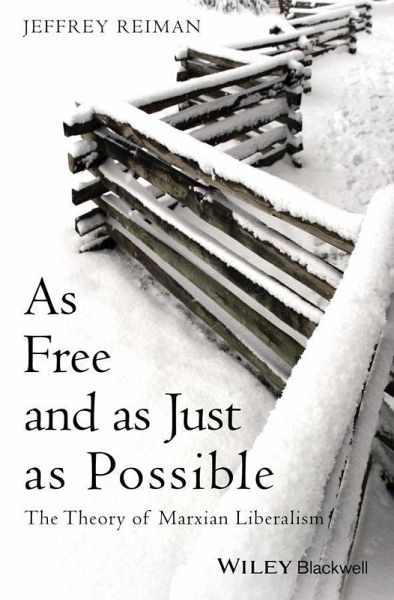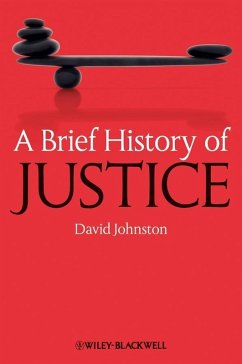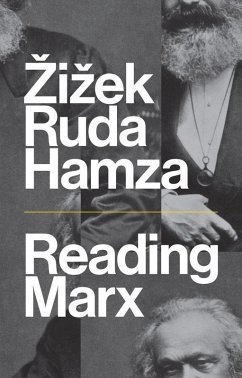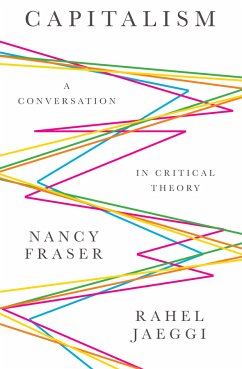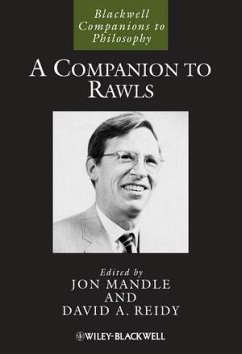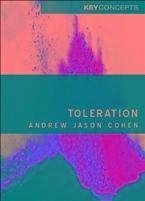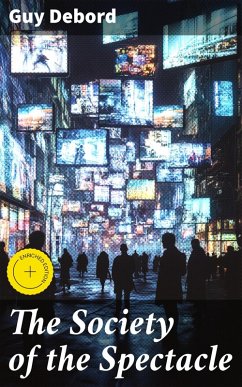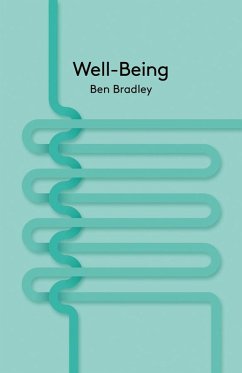"In the preface, Reiman says he hopes the book will be of interest to both the educated layperson and the professional philosopher; in this respect it succeeds admirably. Written in clear and lucid prose, the book will be a valuable resource for students looking for an introduction to Marx and Rawls's thought on freedom, justice and capitalism." (Res Publica, 1 March 2013)
"In this way, Reiman's exciting book is a new and timely contribution for us today." (Marx And Philosophy Review of Books, 2 June 2014)
"It is likely that Reiman has good replies to these critical comments. In any case, independently of whether his core argument succeeds or falters, the distinctions, concepts, and arguments Reiman develops in As Free and
as Just as Possibleare of great significance. They need to be studied and discussed by all those interested in Marx and justice, the real conditions of freedom, Rawls, and post-capitalism." (Social Theory and Practice, 1 October 2013)
"As Free and as Just as Possible offers a very accessible introduction to two major political thinkers, John Rawls and Karl Marx, to the relation between their respective theories and the work of John Locke and Immanuel Kant, as well as more recent theories of Jan Narveson and G.A. Cohen." (Krisis, 1 December 2013)
"Written in clear and lucid prose, the book will be a valuable resource for students looking for an introduction to Marx and Rawls's thought on freedom, justice and capitalism. But specialists will also find much of interest here, too, since as we have seen the book is not just an overview of Marx and Rawls's thought on these issues, but an imaginative attempt to fuse their insights to create a new theory of social justice. Whether or not one is fully convinced by that final synthesis, Reiman deserves credit for attempting to show that, while the idea of combining liberal and socialist has a history, it may still have a future." (Res Publica, 8 October 2013)
"This is an important effort to reinvigorate modern liberalism by applying essential insights from a fading Marxism. Summing Up: Highly recommended. General readers, graduate students, and research faculty." (Choice, 1 September 2013)
